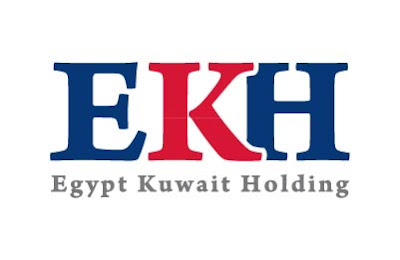2 MARCH 2018 : 17:15
Developments in the Eastern Mediterranean involving natural gas hold many benefits for the region’s countries including Greece, Cyprus, Turkey, Israel, Egypt and the European Union in general as long as they serve common interests instead of causing tensions. Not just those concerning gas, but all energy projects in the Mediterranean have the potential to strengthen economic and political ties and alleviate security concerns. Unfortunately, there are ongoing disputes in the region concerning territorial waters and the continental shelf. In light of the above, there is an urgent need for common ground to be reached on mutual interests to resolve the existing conflicts. Without a proper solution, gas exploration work in the disputed areas will only lead to further problems. All sides may have their own justifications for their actions, but there is a need to adopt a new perspective to resolve problems.
Turkey and the EU share many of the same energy challenges. Both are lacking in domestic fossil fuel resources and are therefore reliant on imports for a significant portion of their energy needs. Natural gas poses the most pressing issue as Turkey and the EU remain heavily dependent on a single supplier, Russia. In 2016, Turkey imported 24.5 billion cubic meters (bcm) or 52.94 percent of its natural gas from Russia. The EU, by contrast, receives 39.5 percent of its gas imports from Russia, which – while lower than Turkey – conceals the fact that many EU countries, particularly in Eastern Europe, rely on Russia for close to 100 percent of their natural gas needs. Dependency on a single or few suppliers increases the risk of political and technical disruptions and decreases importers’ leverage.
Developments in the Eastern Mediterranean involving natural gas hold many benefits for the region’s countries including Greece, Cyprus, Turkey, Israel, Egypt and the European Union in general as long as they serve common interests instead of causing tensions. Not just those concerning gas, but all energy projects in the Mediterranean have the potential to strengthen economic and political ties and alleviate security concerns. Unfortunately, there are ongoing disputes in the region concerning territorial waters and the continental shelf. In light of the above, there is an urgent need for common ground to be reached on mutual interests to resolve the existing conflicts. Without a proper solution, gas exploration work in the disputed areas will only lead to further problems. All sides may have their own justifications for their actions, but there is a need to adopt a new perspective to resolve problems.
Turkey and the EU share many of the same energy challenges. Both are lacking in domestic fossil fuel resources and are therefore reliant on imports for a significant portion of their energy needs. Natural gas poses the most pressing issue as Turkey and the EU remain heavily dependent on a single supplier, Russia. In 2016, Turkey imported 24.5 billion cubic meters (bcm) or 52.94 percent of its natural gas from Russia. The EU, by contrast, receives 39.5 percent of its gas imports from Russia, which – while lower than Turkey – conceals the fact that many EU countries, particularly in Eastern Europe, rely on Russia for close to 100 percent of their natural gas needs. Dependency on a single or few suppliers increases the risk of political and technical disruptions and decreases importers’ leverage.








